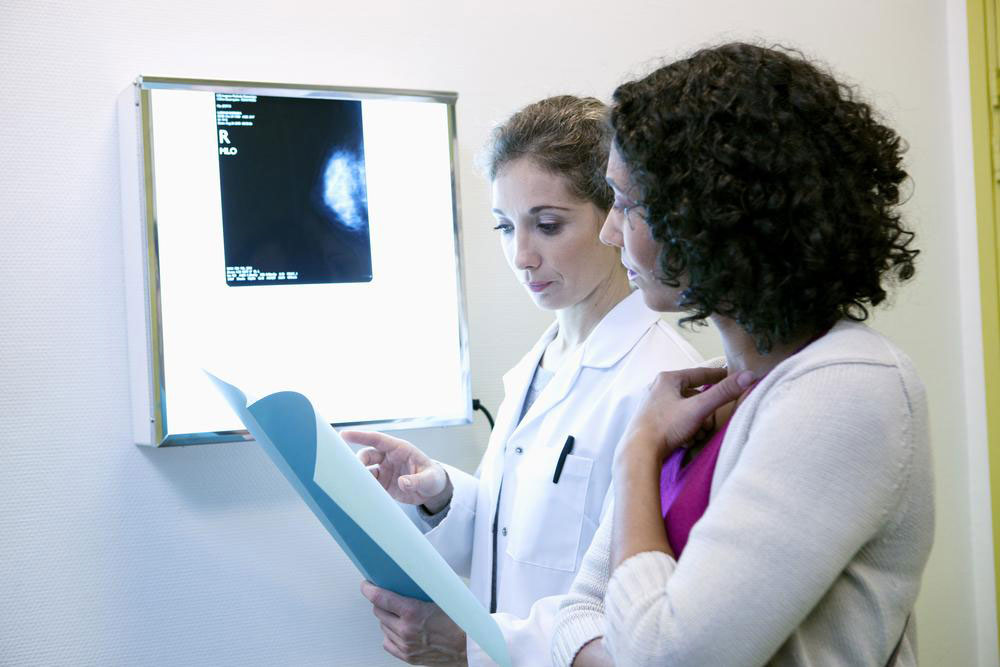Key Indicators of Breast Cancer for Women Over 35
This article highlights vital signs women over 35 should monitor for early detection of breast cancer. Recognizing symptoms like persistent cough, breast changes, skin redness, unexplained fatigue, lumps, and nipple discharge can lead to timely medical intervention. Regular screenings and awareness are crucial for improving survival rates and managing health effectively. Understanding these warning signs empowers women to seek professional help promptly, ensuring better health outcomes in the fight against breast cancer.

Important Indicators of Breast Cancer After Age 35
Breast cancer remains among the most prevalent health concerns worldwide, especially if not detected early. Recognizing certain signs can lead to prompt diagnosis and better outcomes. Studies reveal that Hispanic women face higher mortality rates from this disease, while it also significantly impacts Caucasian and Asian populations. Regular screenings and mammograms are vital for early detection. Women over 35 should be vigilant for specific symptoms indicating potential breast cancer. Early identification greatly improves survival chances. Keep reading to learn about crucial warning signs to watch for.
Persistent Respiratory Issues
Ongoing coughing, shortness of breath, or sore throat may indicate metastasis affecting the lungs. These symptoms are often mistaken for common colds, leading to neglect. However, irritation of lung tissues caused by cancer can obstruct airflow and cause discomfort. Any persistent chest symptoms should prompt immediate medical evaluation.
Unusual Breast Changes
Women should regularly check their breasts for any unusual alterations in shape or size. Recognizing subtle differences can aid early detection. Any noticeable change warrants prompt medical consultation.
Skin Rashes or Redness
Red patches around the nipple or on the breast skin can be warning signs. Though these may be mistaken for allergic reactions or irritation from clothing, persistent redness needs medical attention.
Digestive Discomfort
Symptoms such as bloating, constipation, pelvic pain, or abnormal bladder patterns can be linked to hormonal changes from breast cancer. These symptoms are often overlooked but should be evaluated seriously if persistent, especially with accompanying weight loss or appetite changes.
Exhaustion
Unusual fatigue, not related to physical activity, may indicate underlying health issues, including cancer. Always investigate persistent tiredness alongside other symptoms, as untreated fatigue can impact overall health.
Swelling or Lumps in Underarm or Clavicular Area
Detecting lumps or tissue thickening near the armpit or collarbone can be an early sign of breast cancer. Changes in breast contour, skin texture, or appearance of puckers and redness should also be examined. Early diagnosis enhances treatment success.
Nipple Discharge
Unusual fluid release from the nipple, especially if persistent, can signal early breast pathology. Discharges may be clear or colored and are often triggered by compression. Regardless of cause, any abnormal flow should be evaluated by a healthcare professional.
Note:
The information provided on symptoms, diagnosis, and health concerns is for educational purposes only. It should not replace professional medical advice. Always consult licensed healthcare providers for accurate diagnosis and treatment options. Do not self-diagnose or delay seeking medical help based on this information.










